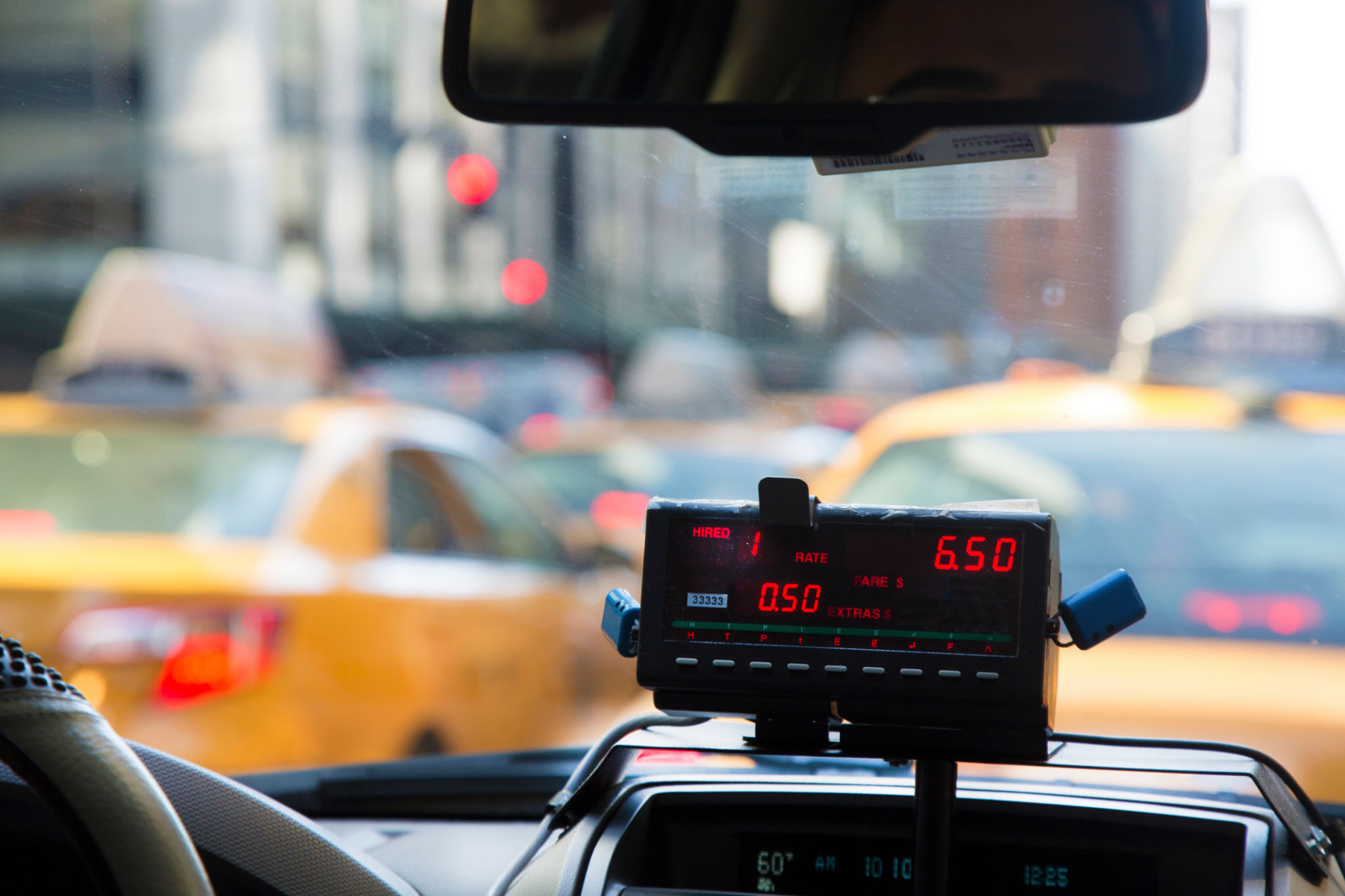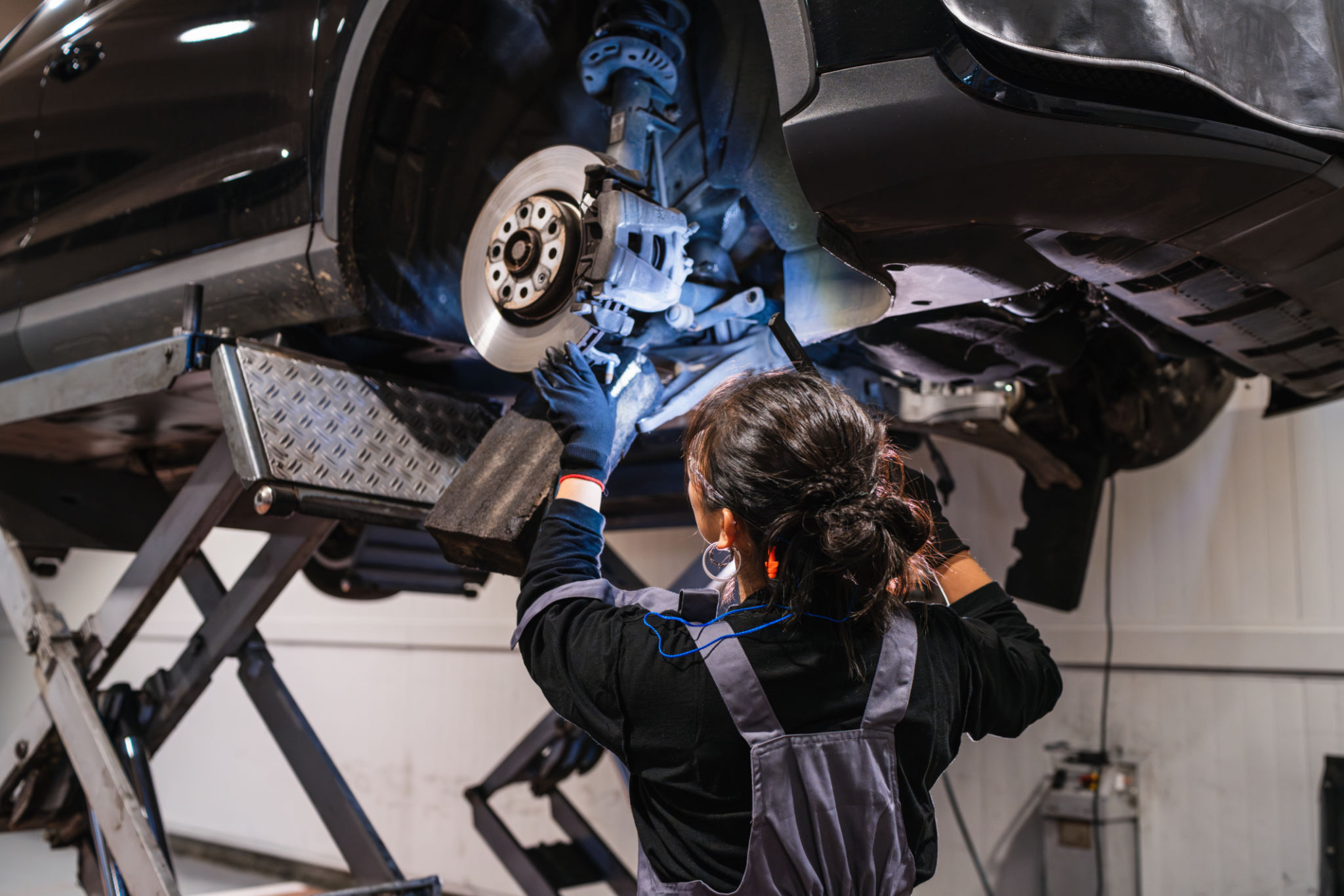How Safe Are Local Taxis in NH? An In-depth Safety Analysis
Understanding the Safety of Local Taxis in New Hampshire
When it comes to transportation, safety is a top priority for travelers and locals alike. In New Hampshire, local taxis have been a traditional choice for many due to their convenience and availability. However, understanding just how safe these taxis are can help passengers make informed decisions.

Regulations and Oversight
Local taxis in New Hampshire are subject to a range of regulations designed to ensure passenger safety. These regulations are enforced by local municipalities, which means standards can vary from one city to another. Typically, these regulations include requirements for vehicle maintenance, driver background checks, and insurance.
It’s important to note that taxi companies must adhere to these standards to maintain their operating licenses. This means that taxis should be regularly inspected and drivers screened for criminal records or driving offenses. This oversight aims to create a safer environment for passengers.
Driver Qualifications and Training
The qualifications of taxi drivers in New Hampshire are another crucial aspect of safety. Generally, drivers are required to have a valid driver's license and often undergo additional training specific to taxi operations. Some companies may also provide customer service training to ensure a pleasant journey for passengers.

Moreover, many taxi companies conduct routine assessments of their drivers' performance. This includes monitoring driving habits and soliciting feedback from customers. Such practices help maintain high safety standards by ensuring that drivers are not only skilled but also courteous.
Vehicle Maintenance Standards
The condition of the vehicles themselves is a significant factor in taxi safety. Taxis in New Hampshire must pass regular safety inspections, which check everything from brake functionality to tire condition. Ensuring that vehicles are in prime operating condition minimizes the risk of mechanical failures during rides.
This mandatory maintenance aligns with state regulations, providing peace of mind to passengers that they are riding in well-maintained vehicles. It is always a good idea for passengers to take note of the vehicle's condition when entering a taxi.

Technology and Safety Features
Many taxi services in New Hampshire have embraced technology to enhance safety. For instance, GPS tracking is widely used, allowing companies to monitor the location and speed of their vehicles in real-time. This not only helps with navigation but also adds a layer of security by ensuring that the company knows where each vehicle is at all times.
Some taxis are also equipped with cameras and emergency alert systems. These features can be helpful in resolving disputes and offering protection in case of emergencies. Passengers can feel more secure knowing that there is a system in place to address unforeseen incidents.
Passenger Responsibilities
While taxi companies and drivers play a significant role in ensuring safety, passengers also have responsibilities. Being aware of your surroundings and trusting your instincts can contribute to a safer experience. If something feels off, it’s okay to exit the vehicle or contact the taxi company with concerns.
Additionally, passengers should always check that the taxi is properly marked with company insignia and driver identification before entering. This small step can prevent potential issues with unlicensed or unauthorized vehicles.

Conclusion: A Safe Choice?
Overall, local taxis in New Hampshire are generally safe due to strict regulations, robust driver training, and vehicle maintenance standards. However, as with any mode of transportation, staying informed and vigilant is key. By understanding the measures in place and taking personal precautions, passengers can enjoy safe and reliable taxi services throughout the state.
Whether you’re a resident or just visiting, knowing what makes local taxis safe can enhance your travel experience in New Hampshire. With the right balance of regulation and personal responsibility, taxis remain a trusted mode of transport for many.
